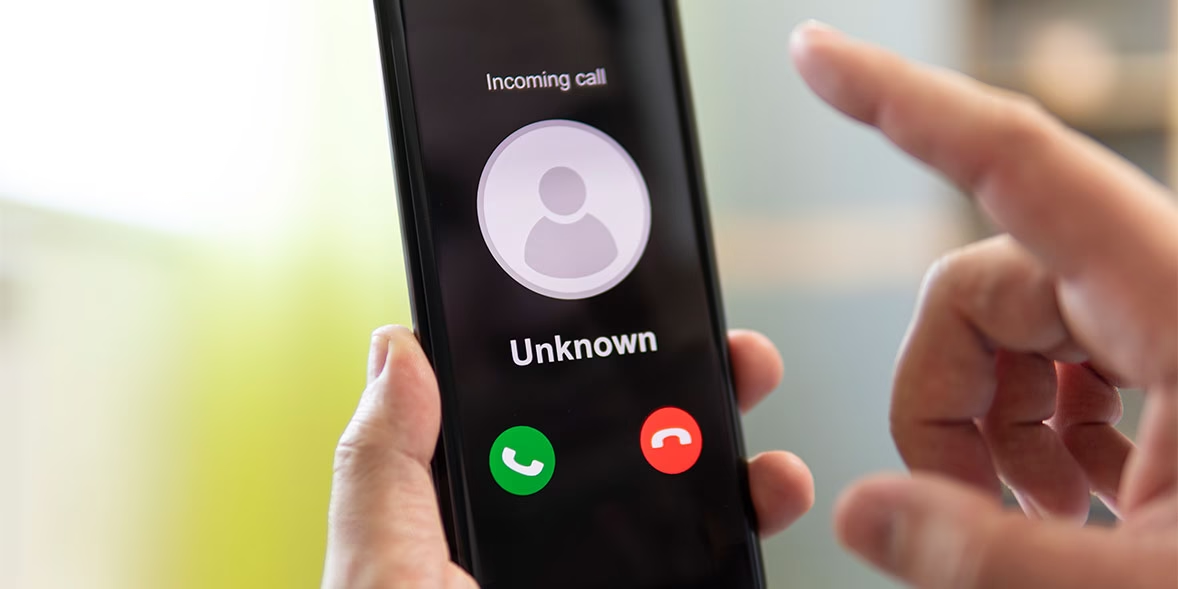The Pakistan Telecommunication Authority (PTA) has issued a public alert, warning citizens about a growing number of fraudulent calls and messages being used to steal personal and financial data. These scams involve individuals posing as PTA officials or representatives from other trusted institutions, attempting to extract sensitive information from unsuspecting users.
Rising Threat of Fraud
According to PTA, scammers are contacting individuals via phone calls, SMS, and even emails, falsely claiming to be from the authority. They often use scare tactics or attractive offers to convince people to reveal confidential data such as:
- CNIC numbers
- Bank details
- One-Time Passwords (OTPs)
- Mobile wallet credentials
PTA clarified that it never contacts citizens to ask for personal or financial information, and any such messages or calls should be considered fraudulent.
Public Advisory
In response, PTA has issued the following safety guidelines:
- Do not respond to suspicious calls or messages claiming to be from PTA or other official departments.
- Never share your OTPs, bank account information, or passwords with anyone.
- Report such incidents immediately to the relevant authorities.
Where to Report
To help control this cyber threat, PTA encourages the public to report suspicious numbers or incidents through the following channels:
- PTA Toll-Free Helpline: 0800-55055
- FIA Cyber Crime Wing: Call 1991 or visit the nearest FIA office
- State Bank of Pakistan (for financial frauds): 021-111-723-273
Stay Alert, Stay Safe
PTA urges all telecom users in Pakistan to remain vigilant and informed. As fraudsters become more sophisticated, public awareness and quick action are key to preventing identity theft and financial losses. The authority also emphasized that no telecom regulator or bank will ever ask users for personal data over a call or message.
By spreading awareness and reporting suspicious activity, citizens can play a vital role in protecting themselves and others from digital fraud.



